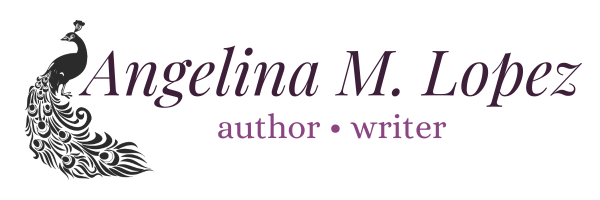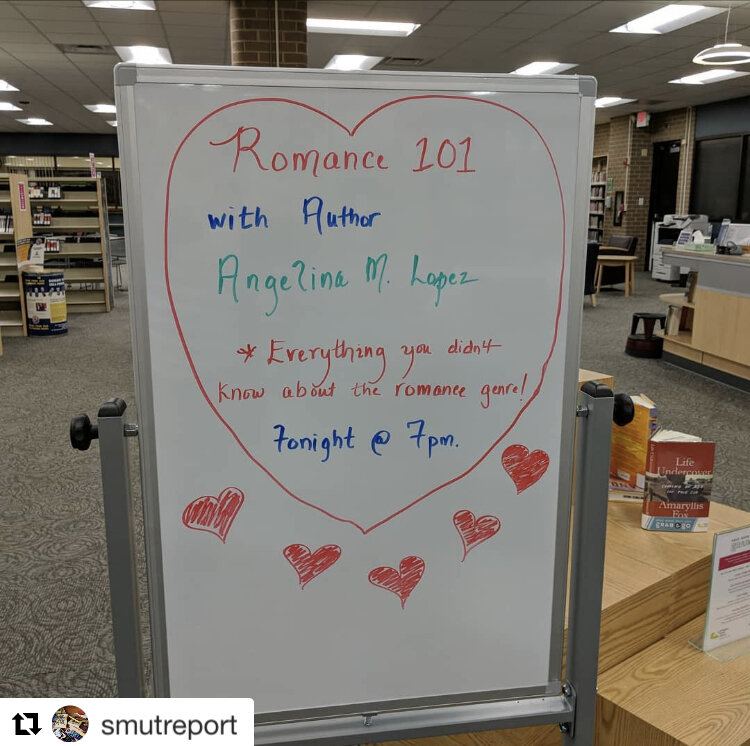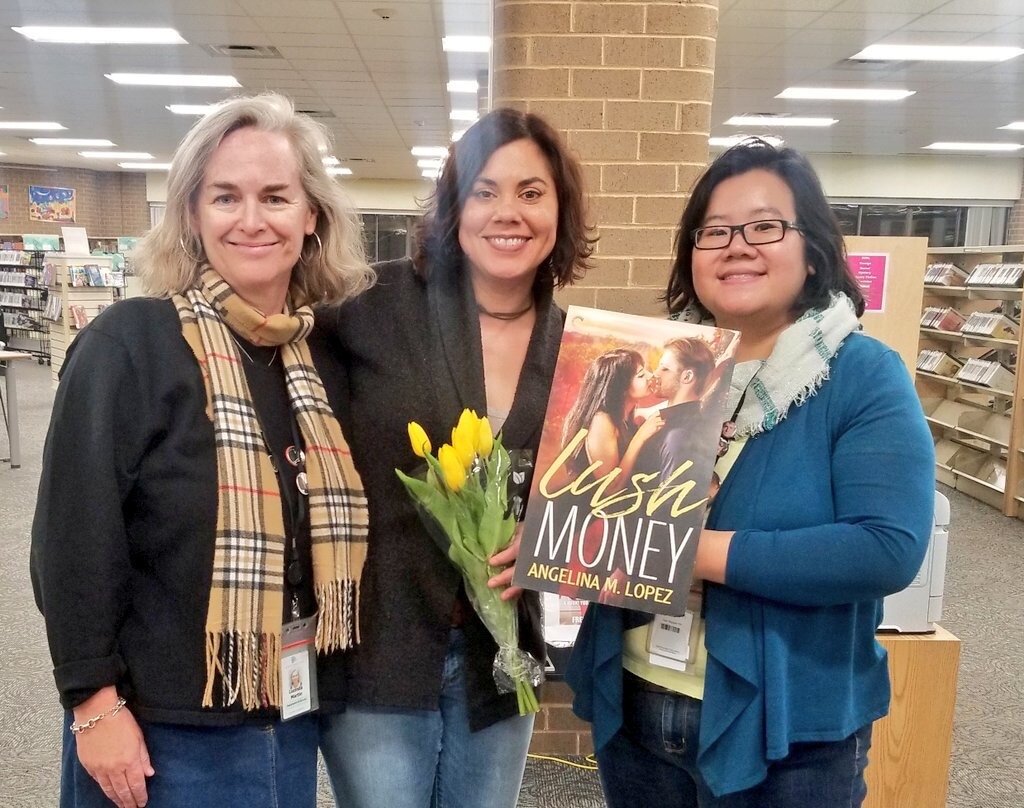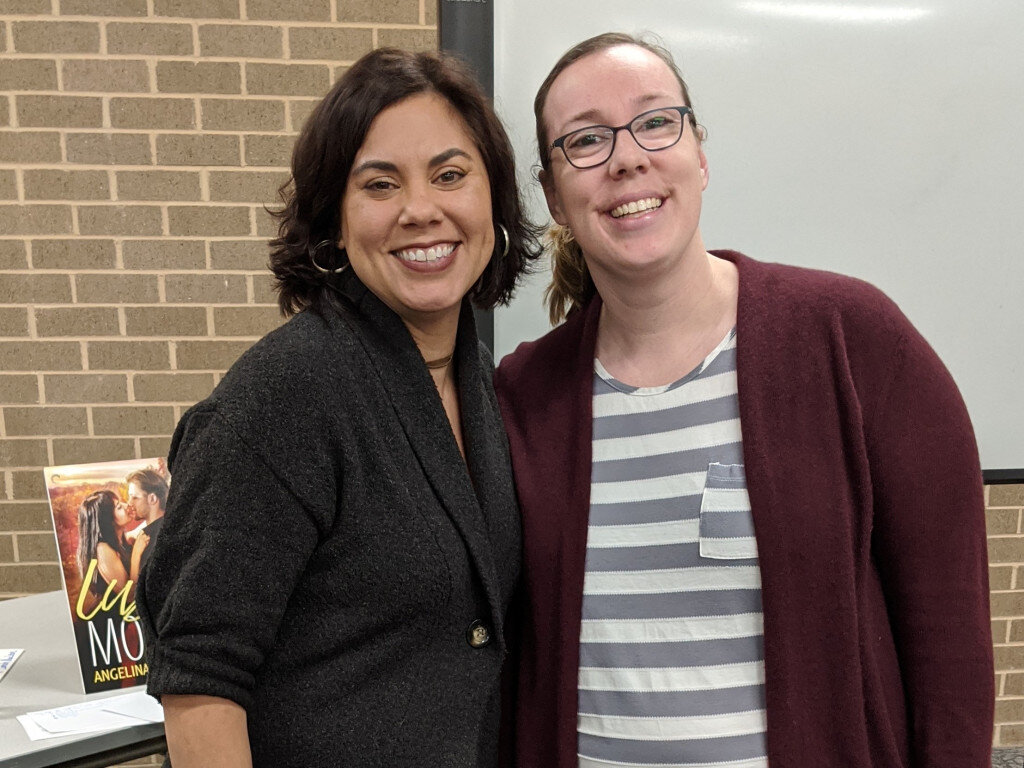Ah, the journey of the sophomore book. The road to that second-book-for-publication can vary widely. Maybe the first book published was your first book written. Or maybe it’s the 100th. Perhaps you published traditionally. Or published indie. But in the trenches of the sophomore book, many things are similar for writers. And yet we think we’re the only ones who’ve battled there.
“As authors enter into deadline pressure, the most common struggle is learning how to juggle everything else,” said editor extraordinaire Angela James. “The second is learning how to just deal with the deadline pressure and realizing that you’re not writing just for ‘fun’ any more, but writing under an obligation to someone else. That can sometimes paralyze authors!”
And I can tell you from personal experience, that paralysis is not fun!
My latest released book, Hate Crush, was my sophomore effort. The curse and blessing of the first book, Lush Money, was that when I delivered it, my editor complimented it for its clean copy and said it needed few edits.
The perfectionist, Virgo, ex-journalist in me preened. There is NOTHING I like better than giving clean copy. So I thought I could write Hate Crush just like I wrote Lush Money: pantsing it, amping up the bonkers, and writing with the same bravery and exhilaration that I wrote when I didn't have a contract or a deadline.
Yeah… No.
During the months of writing, the words HOT MESS began to scroll across my brain like a Times Square ticker. I tried to rein the book in. I suggested to my agent and editor that I felt the book was “experimental” and “taking a new direction.” They were gently and kindly silent. They both knew that this is just what happened with sophomore books.
Ask multi-published romantic suspense author Adriana Anders: “I wrote Book Two before Book One was published, so I actually felt pretty good about it, overall... until Book One came out. My first release had some good responses from the trade mags, which was great. It also made me miserable, convinced that I was a one-hit wonder. Writing after that first release was very, very difficult.”
When my editor got back to me with revision notes for Hate Crush, she never said the words, “Hot mess.” But what she did say was, “Fix it. I believe in you.”
For thirty days leading up to Christmas of 2019, I re-wrote Hate Crush with 50,000 new words. I dropped plot lines and characters. I made my protagonists softer. I clarified my villains.
I saved the damn book. I hoped.
And although the first review for the book was a scathing 1-star that the reviewer made sure to post EVERYWHERE, the other reviews let me know that my career wasn’t over: Readers said they might love Hate Crush even more than Lush Money. Author friends said it didn’t read like a sophomore effort. And then came these reviews from Booklist, Entertainment Weekly, and NPR.
I’d done it. I’d pulled that book back from the brink.
My hope is that these encouraging how-tos from me and other romance folks help you avoid the sophomore slump before a 30-day re-write and help you embrace the fact that, if you’re having a tough time, it’s part of the process and you’re not alone.
1. Take your time (and try to make the time)
“One of the things I used to counsel authors on when we were doing their first contract was to think about how they were setting new manuscript delivery dates,” Angela James said. “Most new authors don’t have any experience with what it’s like to write a book while also editing, marketing, promoting, reviewing cover copy, chiming in on cover art and doing everything else that comes along with publishing the first book. So I would always tell authors to take a step back before they confirmed manuscript delivery dates and to think about how much extra time they’ll need to write a new book, now that they’ll have the distractions of everything else publishing added in while writing.”
Many romance authors wish they could deliver books like a Pez dispenser. But we need time to write books that readers will fall in love with and that will help build our brand. So try to be realistic about the amount of time you’ll need to write the sophomore book so that it’s a reflection of the quality that readers fell in love with in your first book.
One way to manage your time wisely: Time blocking. Block out the time each day you will devote to your book, and deny the distractions (social media, the news, the dog) that will corrupt that time. Just devoting one hour is still one hour closer to being done!
2. Allow your process to change
I entirely pantsed my first book, Lush Money, and figured I would write Hate Crush the exact same way. But as I tried to stick to the freedom and exhilaration of pantsing, I knew I was getting lost in the weeds. Hate Crush was a different kind of book, a second-chance romance with a bit of a whodunit element, and it needed a plan.
Unfortunately for my editor, I didn’t figure that out until after I’d gotten the book back from revisions. When I broke down the plot threads, streamlined and clarified them, the book was so much stronger. I wished I’d embraced the fact that my process could change earlier in the writing. But as internationally bestselling historical romance author Diana Cosby said, “Ignore your doubts and keep writing, get the story out. You can edit later.”
Thank God for the opportunity to edit!
“You can’t get to a place of confidence by thinking about it or planning it. You gain the most confidence by doing it. Action helps stop fear and doubt.”
3. Believe in yourself
Imposter syndrome and the fear that we’re a one-hit wonder plagues many writers. That fear intensifies as more people – readers, agents, editors, book bloggers – look over our shoulders.
“You have to do a series of ignoring them for a time and purging negativity. Take what they say, use if it you agree but let go of the rest,” said best-selling romantic suspense author Tracee Lydia Garner. “We allow things into our psyche like residue and think about them at length. Residue is something that is often stubborn and needs scrubbing. Folks, impressions, thoughts, really do take up too much residence and yet we let them drive the moving truck to our brain… We don't often take the time to evict, we just let folks hang out eating our popcorn, wine and cheese.”
When I got my revisions back from my editor and knew I had to re-invent that book in 30 days, the one thing I wouldn’t allow myself to do was cry. If I started, I was afraid I wouldn’t stop. What I did was tell myself over and over again: You’re a professional. You can do this.
You’re a professional. You can do this.
Whether the first book you published was the first one you’d ever written or whether you had eight books (cough, cough) under your bed, you did something the majority of people don’t: You finished a book. You figured out plot, characters, love scenes, a dramatic high, the black moment low, and the HEA. You sat your ass in the chair and did the hard work.
I promise, you can do it again.
4. Rely on your resources
When a book starts going off the rails, the last thing you want to do is show it to other people. But those other people – beta readers, your agent, and most importantly, your editor – are exactly who you need to lean on for help.
Award-winning romance author Alexis Daria said: “I wish I’d asked for more support from my editor when I was stuck or didn’t know something.”
My editor told me repeatedly that sophomore books were tough, and although I was too much of a chicken to show her the tough stuff, knowing that I wasn’t the first author in her talented cadre that experienced difficulty was helpful.
I did show the book to beta readers. Romance author Cate Tayler and romance lover and life coach Wendy Reed were instrumental in helping me figure out what wasn’t working. When working with beta readers, be very clear about what you want their insight on. I asked specific questions about areas that I felt were weak, and they gave focused answers. If you’re already feeling shaky about a book, getting advice you don’t need can push you further from clarity.
5. Know you’re not alone
“I think many authors hit a moment when they start to believe they only had one story in them, that they can’t possibly write a second book, and that the second book is going to be awful when they do finish it,” said Angela James. “That’s just not true, it’s just a function of nerves, imposter syndrome, putting too much weight on reviews, comparing yourself to your fellow authors, and basically forgetting to focus on all the great things about you-as-a-writer instead of focusing on fears, expectations and doubts.”
I’ve always felt like a distinctive person, a unique individual. I’m sure you do, too. But I’ve been ASTONISHED during this journey how often my writer insecurities are echoed by other authors. Multi-published authors. New York Times bestselling authors. BIG authors. I was once at an event when Eloisa James talked about feeling imposter syndrome.
So this feeling that your first book was a fluke – it’s not just you. It’s part of the process. But how do you get past it?
“Keep writing. Keep writing. Keep writing,” said Angela James. “You can’t get to a place of confidence by thinking about it or planning it. You gain the most confidence by doing it. Action helps stop fear and doubt. And even when the fear and doubt are still there, if you keep writing, at least you’re moving forward and not staying stuck!”























